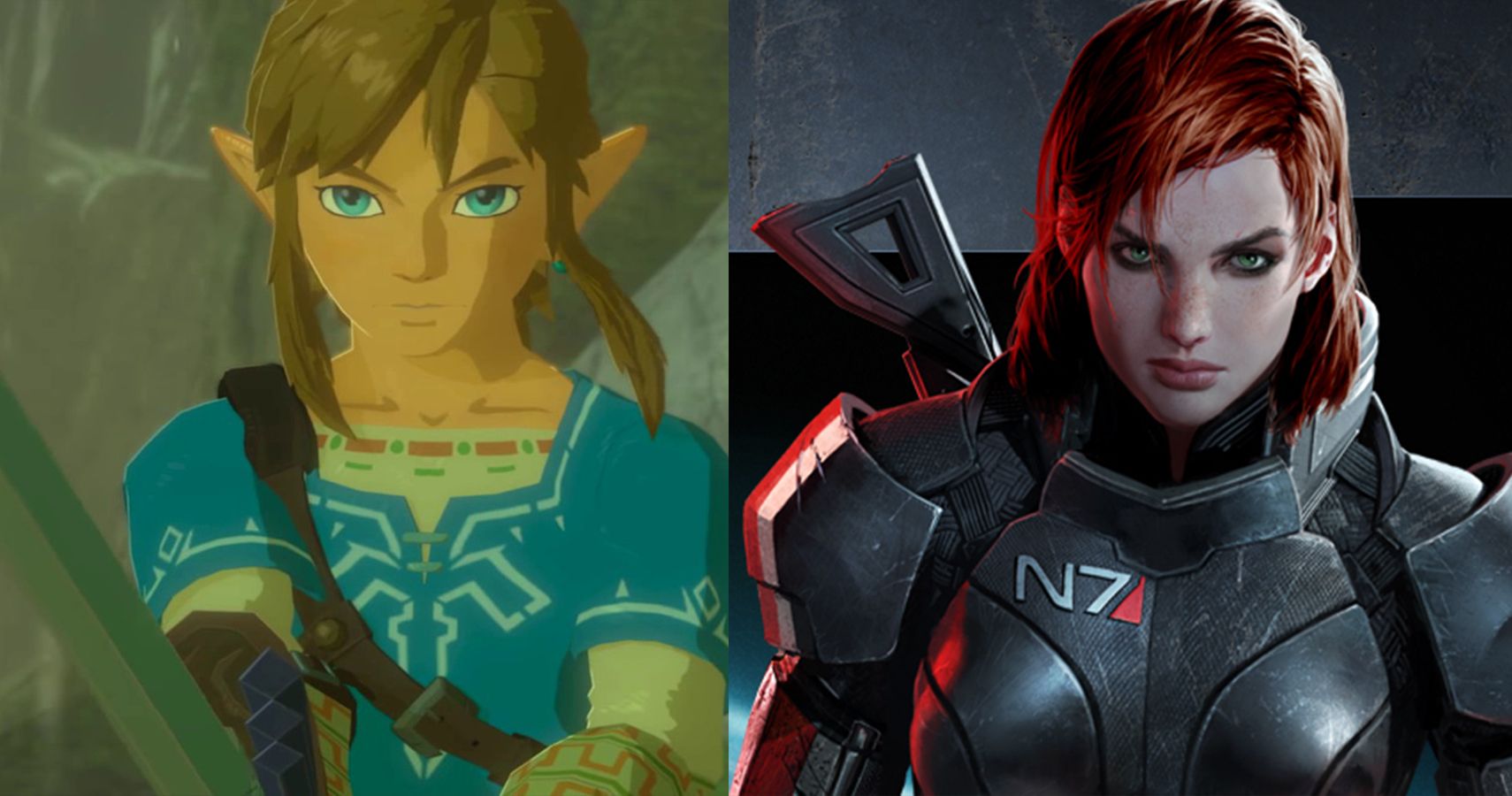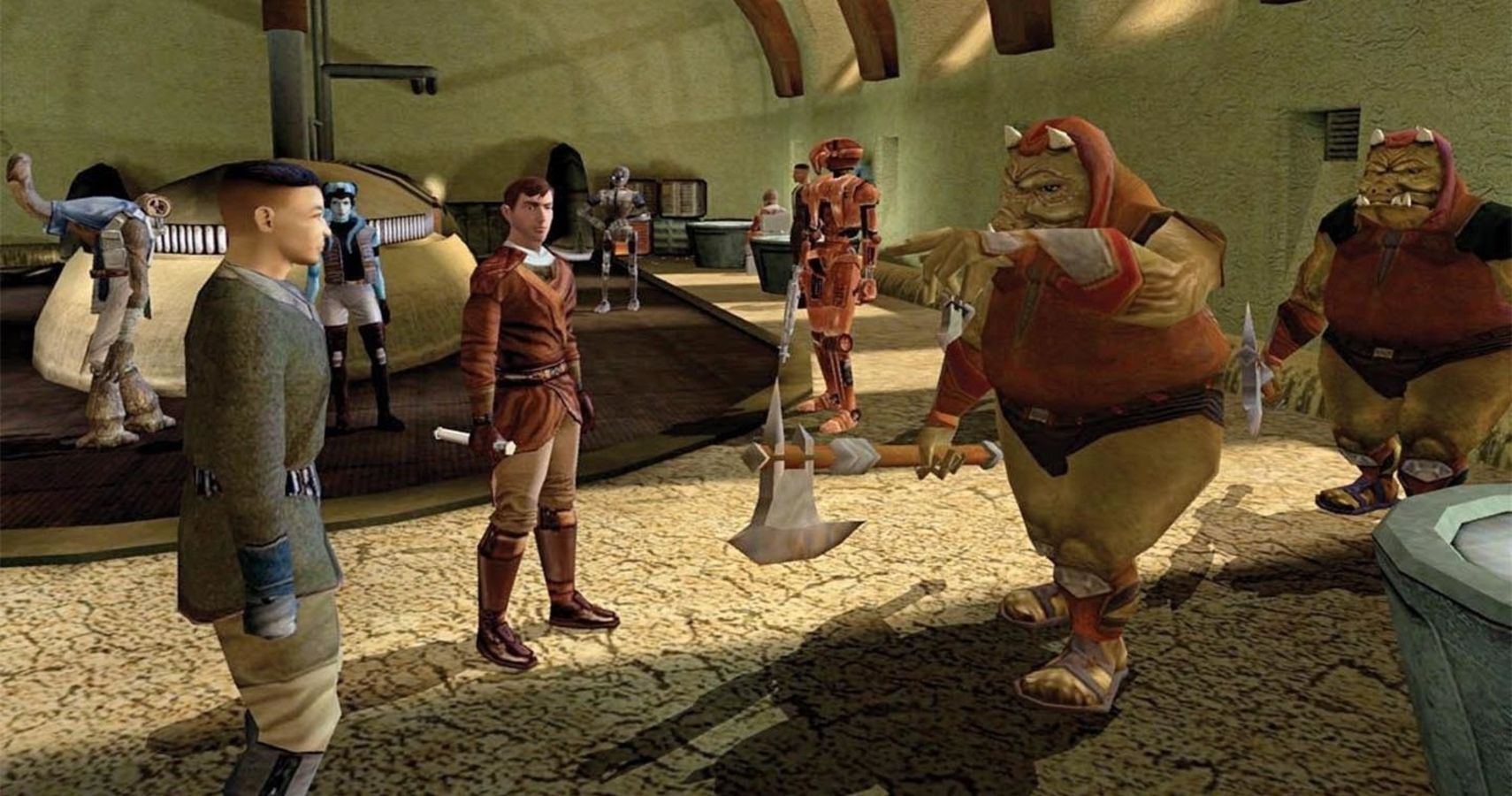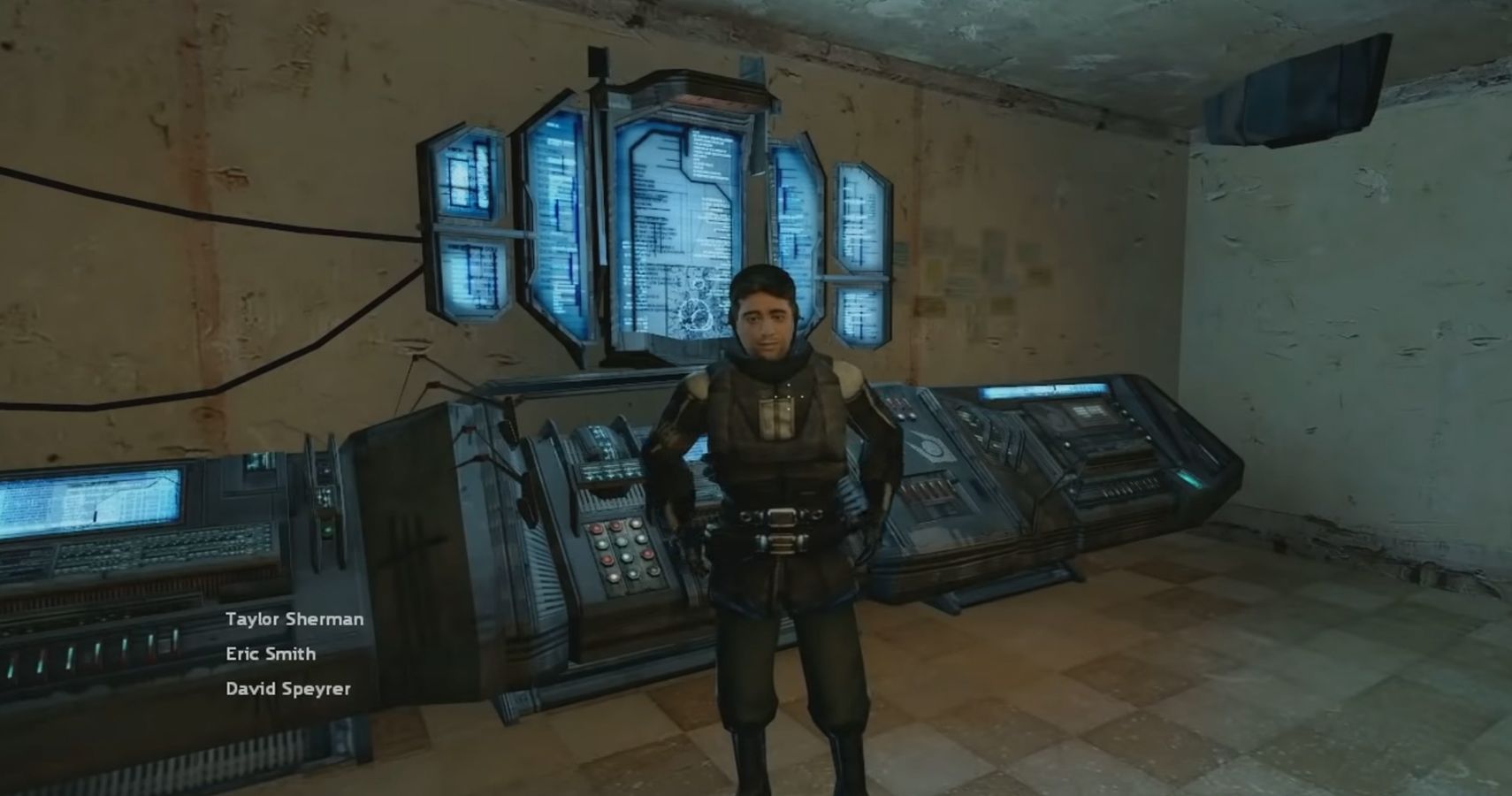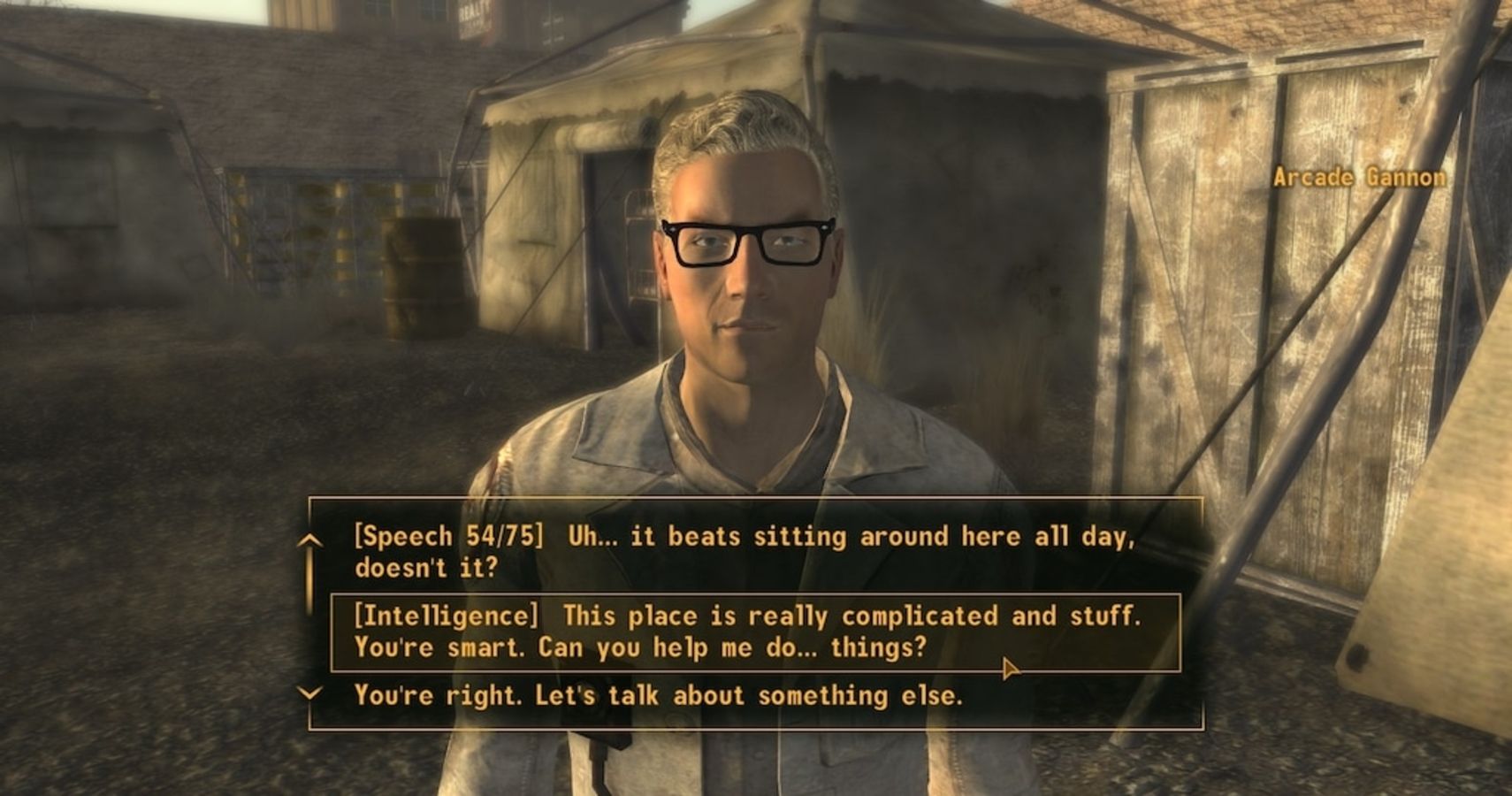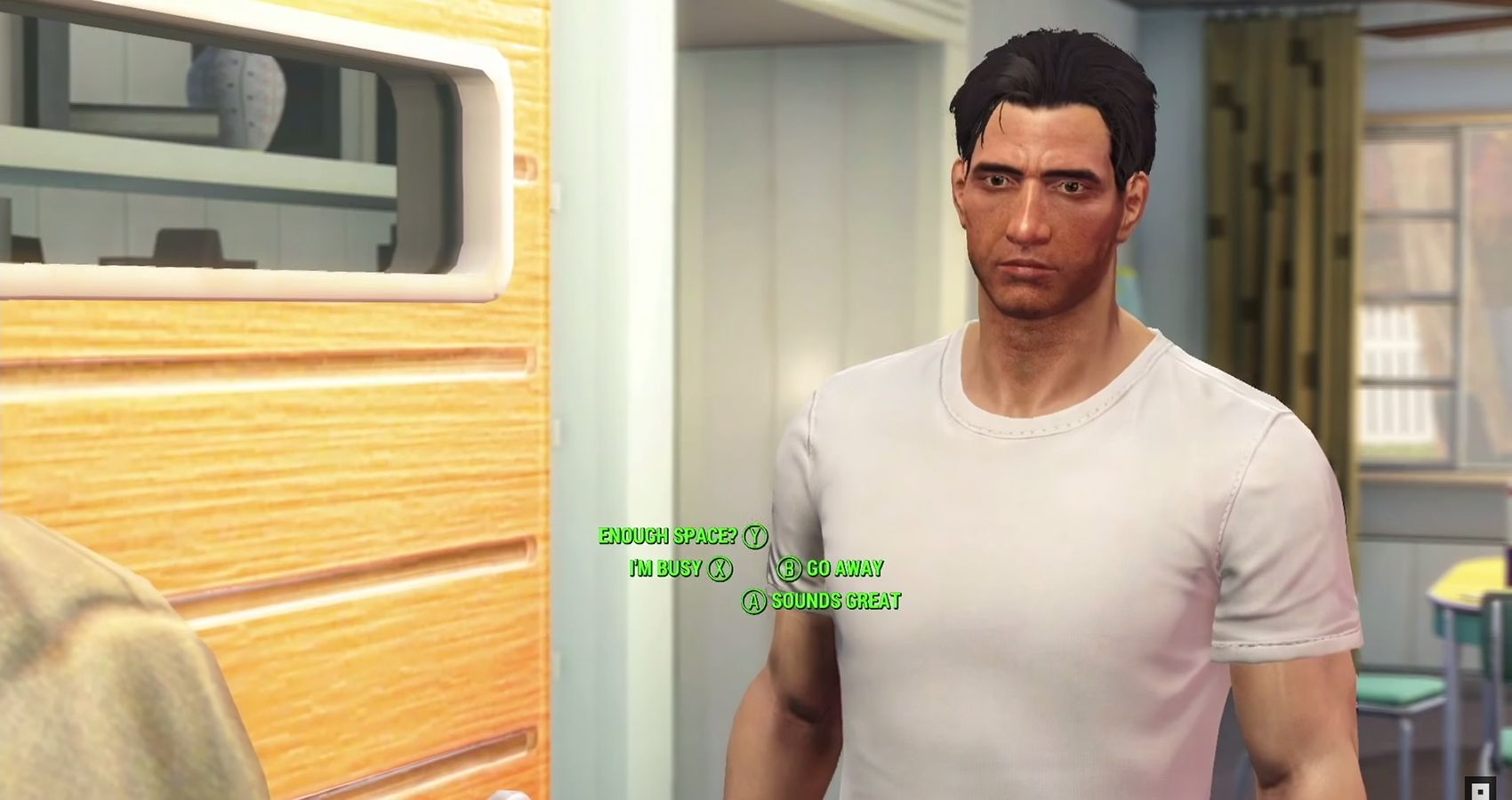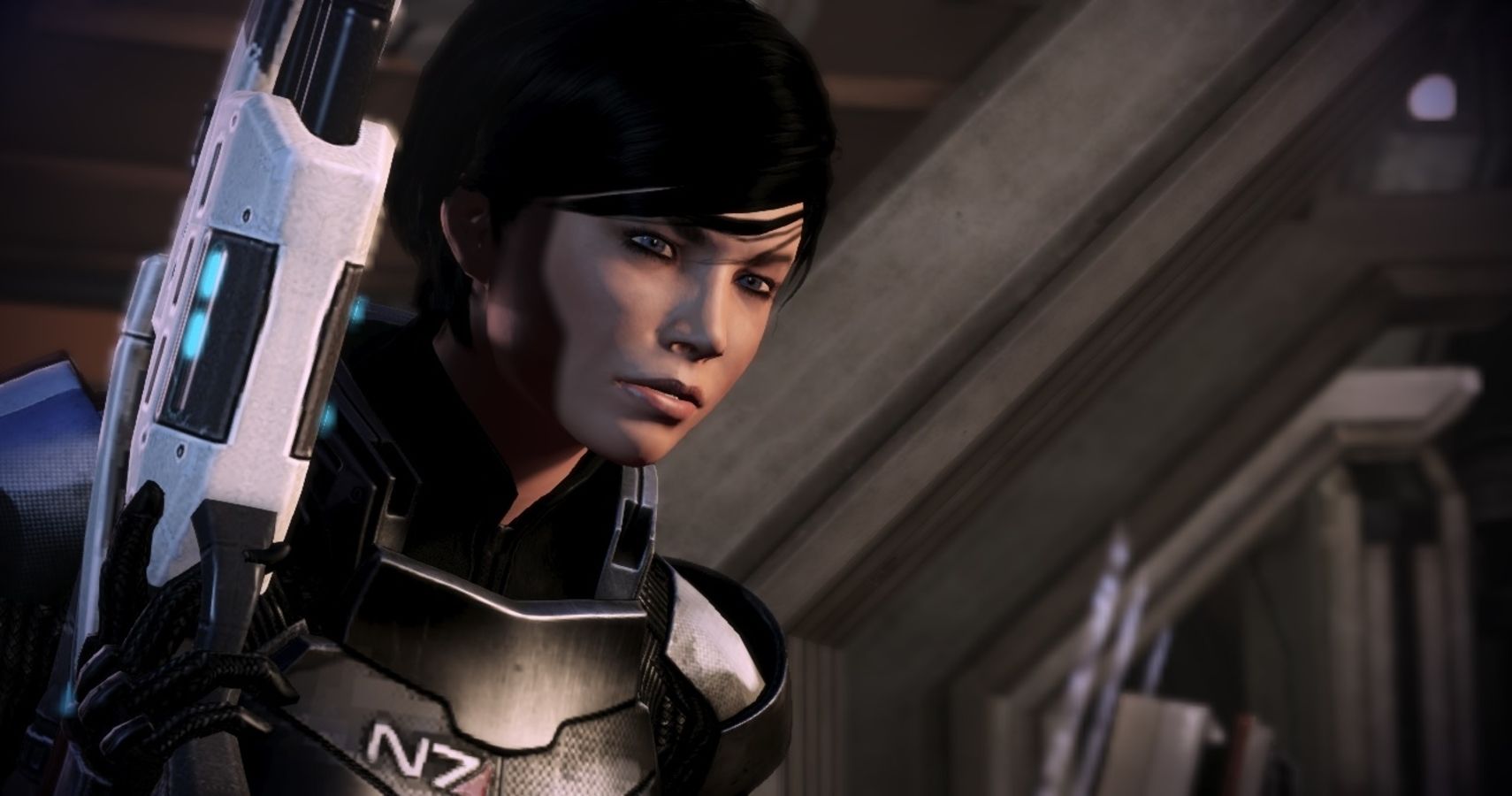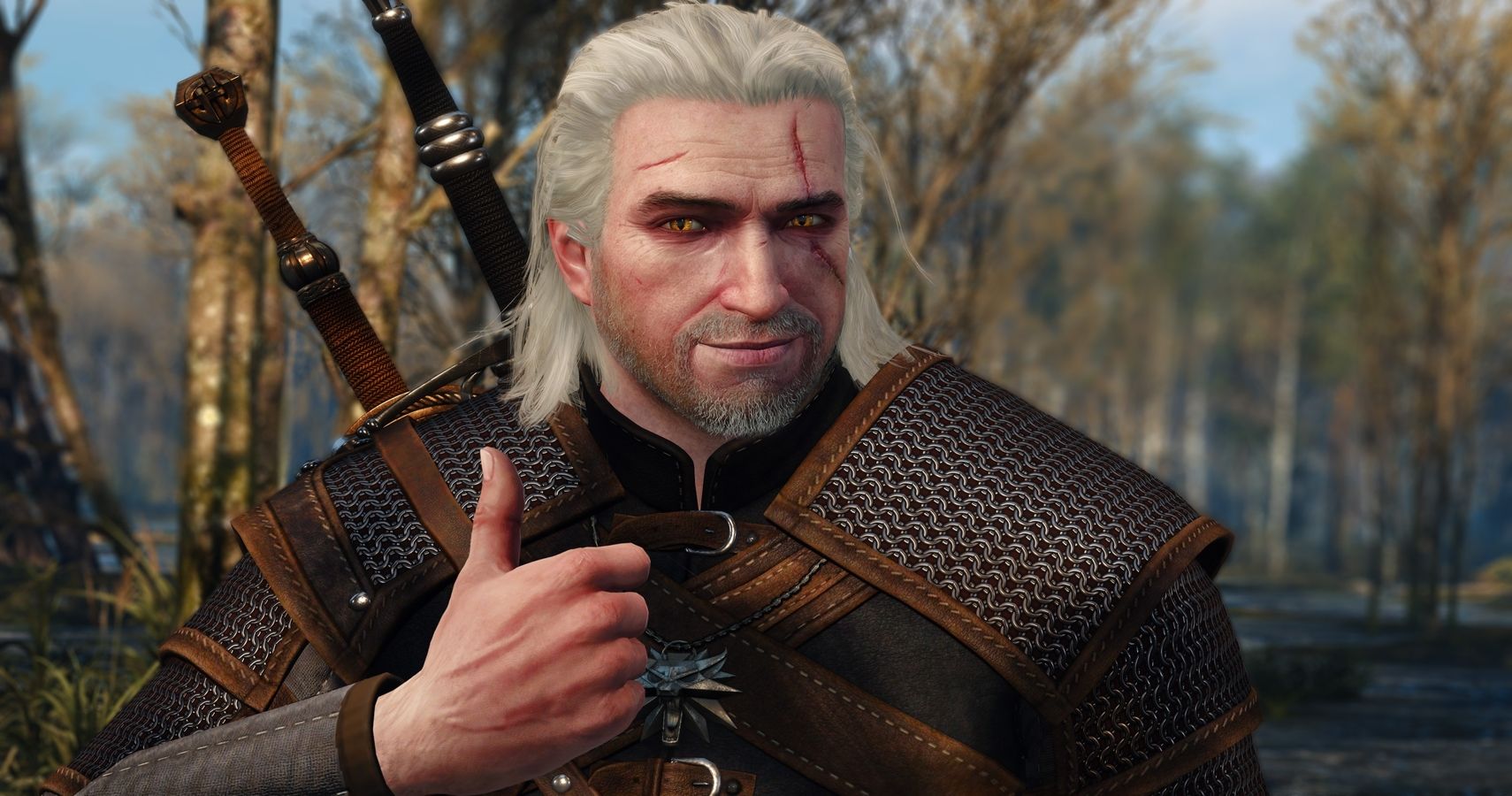When you play an RPG, you tend to put yourself in the shoes of the main protagonist. After all, RPG stands for roleplaying game, so envisioning yourself as the hero of the story is kind of what the whole genre is all about. Back in the days before voice acting, this was helped by the fact that the main character usually didn't speak much, allowing you to fill in the blanks yourself.
But as technology for building games has gotten better and better, voice-acting has become more prevalent. We're now at the stage where having a silent protagonist is either considered a throwback to the past at best, or a sign of laziness at worst.
So by today's standards, is it better for developers to give the player character a voice, or does it take away a lot of the roleplaying elements that so many gamers enjoy?
Quiet Heroes
Early RPGs had silent protagonists mostly because of technical limitations. Obviously games from the 8-bit and 16-bit eras couldn't fit voice acting into the tiny amount of storage they had on cartridges, so it really didn't start popping up until games switched over to CDs. One of the key advantages of this was that you could use your imagination, and picture what your character was saying, or would say in any given situation. You could kind of tell your own story, which is important in gaming.
As RPGs got more complex, companies like Bioware or Bethesda introduced dialogue systems that allowed you to make even more choices to steer the story in whatever direction you wanted. While your character was still silent, these dialogue decisions allowed you to roleplay and customize your character even more. Even without the acting, you could hear in your head what your character sounded like.
Quiet Weirdos
Being able to truly inhabit your character is important, but having a silent protagonist could also be a problem when it comes to keeping you immersed in the game's world.
Think of how in the Half-Life series everyone seems to love Gordon Freeman. They're constantly talking about his microwave mishaps, how they owe him a beer, and so on. Yet, Gordon never talks, so it starts to seem odd how everyone considers him such a good friend when he's never had a conversation before. When you really step back and look at him, he's just a mute dude in a super suit that likes to bash everything to death with a crowbar. If you met him in real life you'd probably think he was an absolute psychopath.
Having a silent protagonist interacting with people who can talk can really kill the immersion. You may be able to suspend your belief, but if you're supposed to be an effective leader in the quest to save the world and conquer evil, you would assume that you'd have some basic communication skills. Plus, excellent voice acting can allow you to get more invested in your character. Being able to play as someone who's cool, funny, and a total badass can be just as fun as making up your own personality.
If You Don't Have Anything Good To Say...
However, there are some significant downsides to having a voiced protagonist. Good voice-acting can make you love a character, but bad voice-acting can completely ruin an entire game. RPGs are kind of dependent upon you liking the hero you're playing as, so if the voice-acting is either really annoying, or devoid of any emotion, you might start rooting for the bad guy to show up and jab his over-sized sword through your character's abdomen.
Voice acting could also potentially limit the amount of storytelling options you have. Hearing your protagonist talk is great and all, but that means extra time, money, and manpower for developers. It means extra lines for a writer to write, an actor to read, and a director to direct. As a result, game designers may take some shortcuts with the plot in order to reduce the amount of work they have to do. Which means your choices can go from this:
To this:
Developers having to account for a voiced protagonist can hamper your ability to get lost in the game, and limit the amount of role-playing you can actually do. In some cases, if the choice is between hearing what your vault-dweller sounds like, or being able to use your charisma to trick people into blowing themselves up, most people would rather go with the latter.
The Best Silent Heroes
While having a voice does make a character easier to relate to, there's a wealth of strong silent protagonists. In fact, one of the most iconic characters in all of gaming has been relatively silent from the very beginning.
Link from The Legend Of Zelda franchise is one of the most beloved video game protagonists of all time, and he never utters a word, unless you count his various grunts and battle cries. There's never really been a need for him to talk, as you know what kind of a hero he is just by his actions. He's been basically the same for three decades, and it just seems to work.
The other advantage of a silent protagonist is that you can attach any kind of morality you want to them, like the main character of the Knights Of The Old Republic, who's eventually revealed to be the Sith Lord Revan. Thanks to their lack of a voice, you have a bit more freedom in how Revan acts. If you want them to turn over a new leaf and become a good guy, or return to their villainous ways, it's easy to do so because you don't have to worry about some voice actor implying what the character's emotions should be.
The Best Chatty Heroes
Even though a silent hero is useful in giving players more choices in how the story comes together, a voiced hero does allow for a different kind of narrative to unfold. Playing as a strong character with a specific personality can be fun, and we can play out an epic tale behind the eyes of someone cool and capable, instead of building out the story in our minds.
Shepard from the Mass Effect series (more specifically FemShep, but Male Shepard is...fine) is pretty much one of the best protagonists of the last decade. Even though she had specific quirks of her own, you still got to choose how she stood up to the Reapers, the Council, or anyone else that got in her way. Jennifer Hale does a phenomenal job imbuing FemShep with strength and confidence. It's impossible to picture playing the Mass Effect games without hearing her voice as we headbutt Krogans, or punch reporters in the face.
Geralt is also worth mentioning here. The Witcher was a fairly popular series of novels long before it was a video game, so Geralt's personality was pretty well established before he was a gaming icon. But that doesn't mean that Geralt acted the same for everyone. He could be tired and world-weary, or sarcastic and jaded, or empathetic to the plight of the villagers he had to save. Just because you knew who Geralt was, didn't mean you had no say in how his story unfolded.
Having a voiced protagonist means that your decisions have more weight, because the results don't just affect you, they affect your character and the world around them. You're guiding someone to make the right decisions, or the wrong ones if you're a sadist. You're basically directing an interactive film, and you have direct control over the main actor. That's something that games with silent protagonists can't pull off.
Speak Up Or Remain Silent?
It's really all a matter of preference. Characters like Link, Revan, Samus Aran, Chell from Portal, or any of the multitude of silent heroes from classic JRPGs never needed to speak to give us an idea of who they were. Some people liked the way that old Fallout games played so much, that there's mods for Fallout 4 that take the lead's voice acting right out of the game.
On the other hand, it's hard to say whether characters like FemShep, Geralt, John Marston, Aloy from Horizon Zero Dawn, or any other voiced protagonist would be as revered if they didn't have such great acting behind them. It gave us a sense of who these people were, and even though we didn't create these heroes ourselves, we could get on board with them because they had such strong personalities.
Voice acting is now more prevalent than ever, as makers of big RPGs have the budget to afford for their leads to speak freely. Both methods have their pros and cons, but both offer very unique story-telling opportunities. As long as they refrain from irritating laughter, there's room for each style in the gaming industry.

